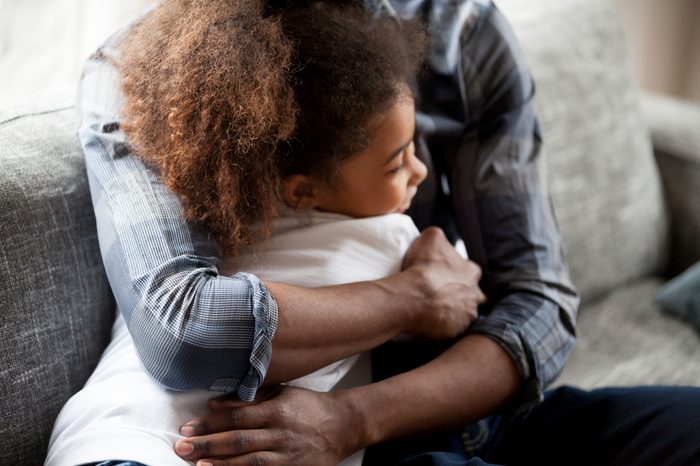
Divorce and separation aren’t easy—particularly if you have kids.
I found that out when my marriage started to falter in 2018. I’m now separated, and it’s not without challenges, but my ex and I have had a pretty amicable relationship. Our teenage son usually divides his time between our two homes, which are less than a mile apart, and our daughter is away at college (or had been, until the coronavirus outbreak). I’ve been dating, and my ex has a girlfriend, who has two teens of her own.
Then came Covid-19. My kids are now currently living with me full-time as I work from home. I asked my ex not to see the kids temporarily because he was interacting with more people than I was every day. He wasn’t happy about that, of course, because he misses his kids. Ultimately, my ex agreed to this arrangement—making the sacrifice to protect them from Covid-19—but it took some negotiation between the two of us to get there. While people’s lives all around the world have been upended by this outbreak, self-isolation and quarantine is more complicated in post-divorce and separated families like ours.
There are some tough questions to answer: Is there a safer home or geographic location for the children to live in? Could the kids see both parents in person, even if briefly? Should kids be split up so each parent has a child? Should the pets stay with the kids?
Unfortunately, some former couples don’t have the negotiation skills to make these decisions. Some exes are refusing to relinquish parenting time, making it more stressful and possibly risky for all involved. Lawyers are hearing from clients they haven’t heard from in years. Some are even setting up emergency telephone appointments and Zoom mediation sessions.
We asked experts in divorce and family law for their best advice for post-divorce families trying to sort out these important, potentially life-affecting issues.
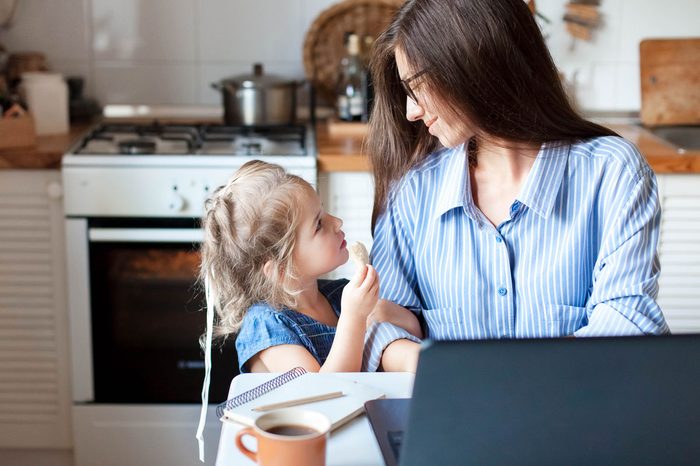
What’s the best current medical advice?
Co-parenting during Covid-19 can be tricky, but medical experts say it’s okay to shuffle back and forth between households as long as they abide by the guidelines. If both parties are following social distancing, stay-at-home mandates, and are not a higher risk for Covid-19, it shouldn’t be an issue, says Mobeen Rathore, MD, nominee president-elect at the American Academy of Pediatrics and chief of Infectious Diseases and Immunology, at Wolfson Children’s Hospital in Jacksonville, Florida.
If one household has an individual who may be at higher risk (such as a healthcare worker or a first responder), the parents need to discuss how best to handle the shared custody to protect their children. “If either household has an individual who has coronavirus, being tested for it, or someone potentially exposed to it, then the children should not be going to that household,” he says. (Here are tips to protect your family if you have coronavirus.)
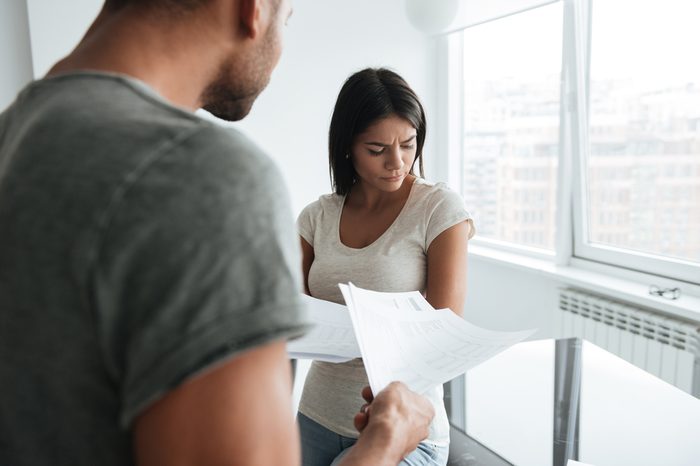
Where do courts stand on custody changes during Covid-19?
Currently, the courts are closed, except for emergency proceedings. Now, during Covid-19, many divorced parents may find themselves in need for modifications to a custody agreement as routines have been upended. Stephanie Lomurro, a family law attorney in Summit, New Jersey, reminds parents that custody agreements still remain in effect at this time.
“As we stand right now, parenting time arrangements, which are in place as the result of a court order, judgment of divorce or agreement, remain in full force and effect,” says Lomurro. This means that no parent can withhold parenting time from another parent without the other party’s consent. In New Jersey, for example, courts have been reluctant to modify parenting time arrangements because of coronavirus.
If a parent is not practising social distancing or behaving in a risky way, the other parent could file an emergent application to suspend the other party’s parenting time. But the courts are operating on extremely limited resources, so it’s unlikely that this would get on the docket. “The courts have sent a very clear message that you better have legitimate emergencies if you’re expecting to be heard,” says Thomas Kretchmar, a family law attorney in New York City.
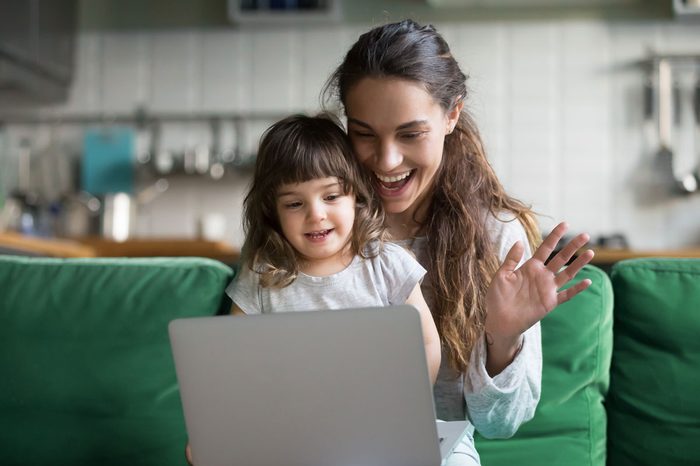
The children are still the priority
Even though the coronavirus appears to be more dangerous for adults than children, the courts still look at the best interest of a child first. For example, if a mother is worried about her own risk, say because she has diabetes or is an older parent, the court wouldn’t necessarily modify parenting arrangement to protect her. If a parent is in a very high-risk group, that parent should limit their own interactions with other people (if possible), including their own children. And if legal action was sought, the court may decide that the kids should live with the other parent. Courts are operating without any precedent, so it is hard to predict how these disputes will be resolved.
But taking a broader view, it’s also okay to approach this not just by looking to the best interest of the children, but the best interest of everyone involved. That means not just the parents and the household, but the entire community. People who are not practising social distancing, or staying home if that’s the state’s directive, put everyone at risk. “I would never want to be the lawyer defending a parent who said, I made the choice I made because a 10-year-old is less likely to have a less adverse reaction than a 50-year-old parent,” says Kretchmar.
(Need help coping? Here are some mental health tips to deal with depression during Covid-19.)
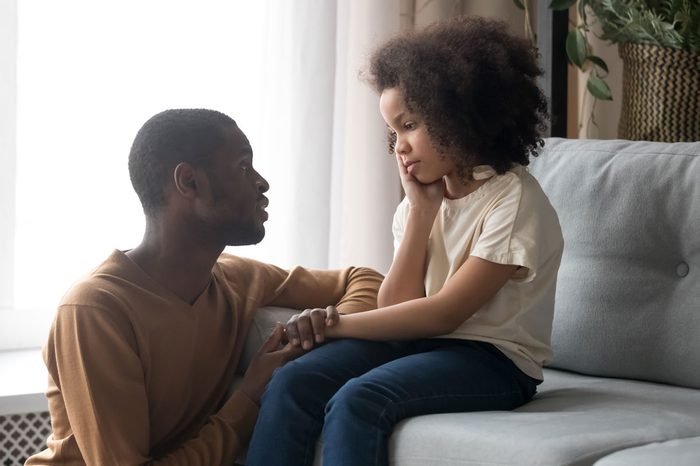
Be flexible and transparent
With the courts unavailable and with little precedence, it’s best to try to work together to figure out a solution without involving lawyers or the courts. First, it is vital for parents to be transparent and communicative about their households and their self-isolating behaviour. Lawyers are advising parents to discuss who each person is being exposed to, whether those individuals are practising strict social distancing, whether either party has been exposed to someone who has tested positive, and whether the child has any underlying health issues.
When both parents are on the same page about social distancing, and assuming neither parent is being exposed (for example, no one is working in a hospital), parenting time should continue uninterrupted. But if one parent is being exposed, either by having to go to work, not following social distancing guidelines, or being in contact with someone who tested positive, then the children should stay with the other parent.
Kretchmar says it’s also not unreasonable to ask that an ex’s partner, assuming they’re not living together, to avoid coming into the home when the children are there to reduce any potential exposure to the virus.
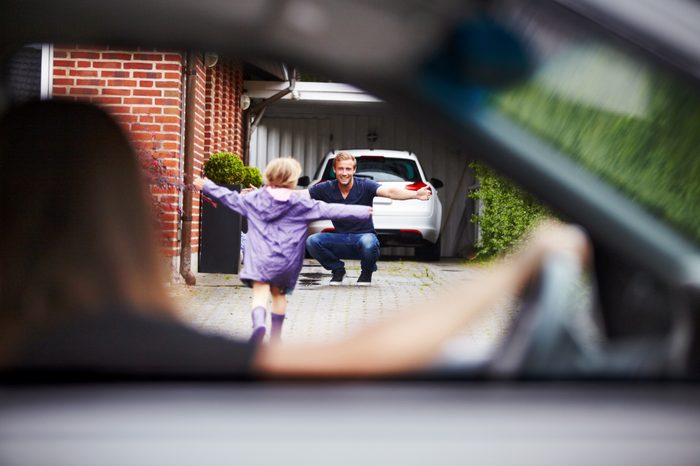
Negotiating a new (but temporary) normal
The goal is a negotiation that protects the health of all. “You want to be rational and persuasive,” says Kretchmar. It’s not a time to think about fairness or equal rights as much as how to keep the family as safe as possible. It may be helpful to know that many couples are going through this and many are making difficult compromises. “It’s been a very pleasant surprise that I have seen multiple instances of divorces that are extremely acrimonious, the parents on their own with minimal steering from counsel managed to come to a cooperative view about what to do,” says Kretchmar. Given the serious nature of the pandemic, some are putting their self-interest aside.
Danielle Tropea, 44, of Maplewood, New Jersey, is a lactation specialist who works in a hospital. “When my ex suggested that our son stay with him full time, at first, I wasn’t sure we had to do that,” she says. “But when I realized that I’m at risk because of my job, I agreed,” she says. “It’s really hard. It’s a huge sacrifice I’m making for them. It’s not just my children, it’s my ex-husband too. I’m protecting everybody.”
But not every ex is so accommodating. If a parent is being resistant, says Kretchmar, “the only incremental leverage you have is reminding the other party that everything they do during this time is ultimately going to be evaluated against what was in the best interest of the children.” “There will come a time when you may be held accountable that you acted in the best interest of the children, not for your own self-interest,” he says.
If you’re having difficulty coming to an agreement, consider calling a mediator (most have video/phone capabilities so you don’t have to meet in person). Mediation is far less expensive than lawyers or going to court. Also, it allows both parties to engage in the resolution, which is particularly important during the current crisis.
“The parent losing time with their child may feel jealous and resentful towards the caregiving parent, and the parent providing full-time care may feel exhausted and overwhelmed,” says Melissa Goldberg, PsyD, a clinical psychologist with McGovern Medical School at UTHealth and UT Physicians in Houston. These feelings and any conflict they cause between the parents could also undermine the child’s ability to adapt to their new situation. “To keep conflict to a minimum, parents might consider committing to each other that any significant time one parent misses, they will be sure to make up once it is safe and feasible to do so,” says Goldberg.
It’s a very stressful time, with the rules changing on a daily basis. Stressed parents may make threats like they’re going to call the police and send them over to take the kids away. “Take that with a grain of salt—these threats are very frivolous,” says Kretchmar. Unless you’re acting in a way that is harmful to the children, the courts aren’t going to act on these threats. (Check out this 10-minute stress fix that really works.)
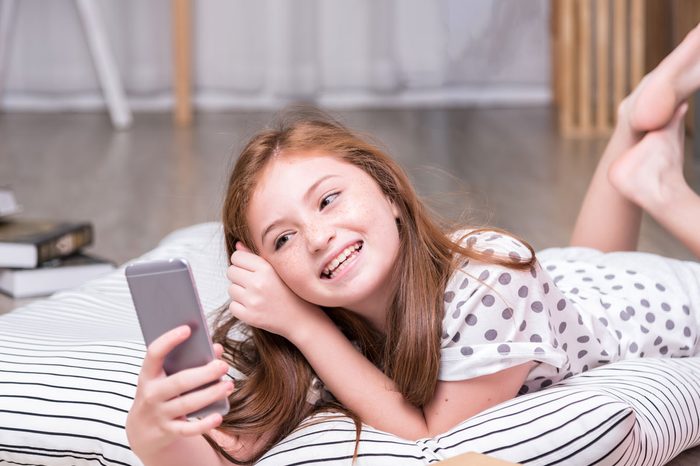
Maintaining connection during normal custody interruption
Social distancing doesn’t mean you can’t see other people, it means you have to keep your distance. If there’s a concern that one parent may be at risk of carrying the infection, they can still connect with their kids. Tropea still sees her kids, by going for walks with them outdoors, and via FaceTime. To help a child cope with not seeing the parent, try to echo a past routine. “If the child used to spend every Thursday night with their father, develop a regular activity for Thursday nights that they can be together, just the two of them,” says Goldberg. “Perhaps they could watch the same television show, starting at the same time, and talk about it afterwards,” she says.
If you notice your child is sad or irritable about the new living arrangements, ask them to talk about their feelings. “If they express they miss their other parent, or anything associated with that parent, like their room or pets at that parent’s home, do not take it personally,” says Goldberg. Try to normalize their feelings. Brainstorm with them ways they can stay connected to the other parent and their home.
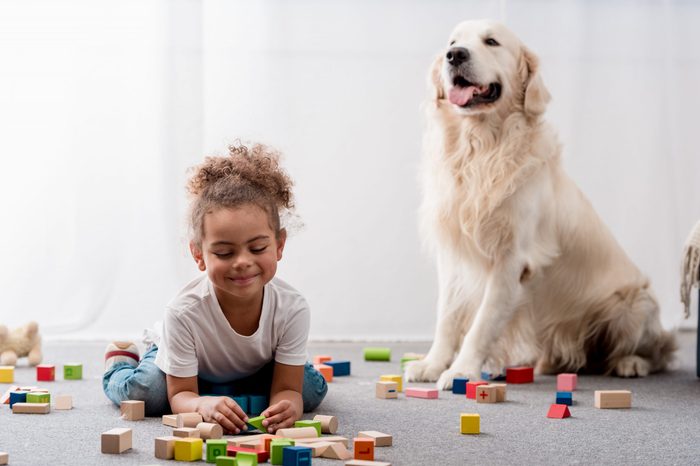
Renegotiating after Covid-19
There may be a period of time when the parent that was with the child during the pandemic may need a break or get some extra time away from parenting. So, it may be necessary to re-negotiate custody arrangements. The American Academy of Matrimonial Lawyers and the Association of Family and Conciliation Courts suggests that parents try to provide makeup time to the parent who missed out, if at all possible. Family law judges expect reasonable accommodations when able to comply. They will also take seriously concerns raised in later filings about parents who are inflexible in highly unusual circumstances, they wrote.
For now, my own family is making it work with this arrangement. I’m still working full-time at home and have the kids 24/7, which is challenging. My ex isn’t thrilled with being alone at this time and not being able to see the kids in person, but knows this is temporary and in their best interests.
In fact, in a few days, he’ll be 14-days quarantined and healthy, and the kids will likely be able to see him, which will lead to a whole other set of negotiations in this ever-shifting pandemic.
Next, check out these activities for quarantine that can boost your wellbeing.
